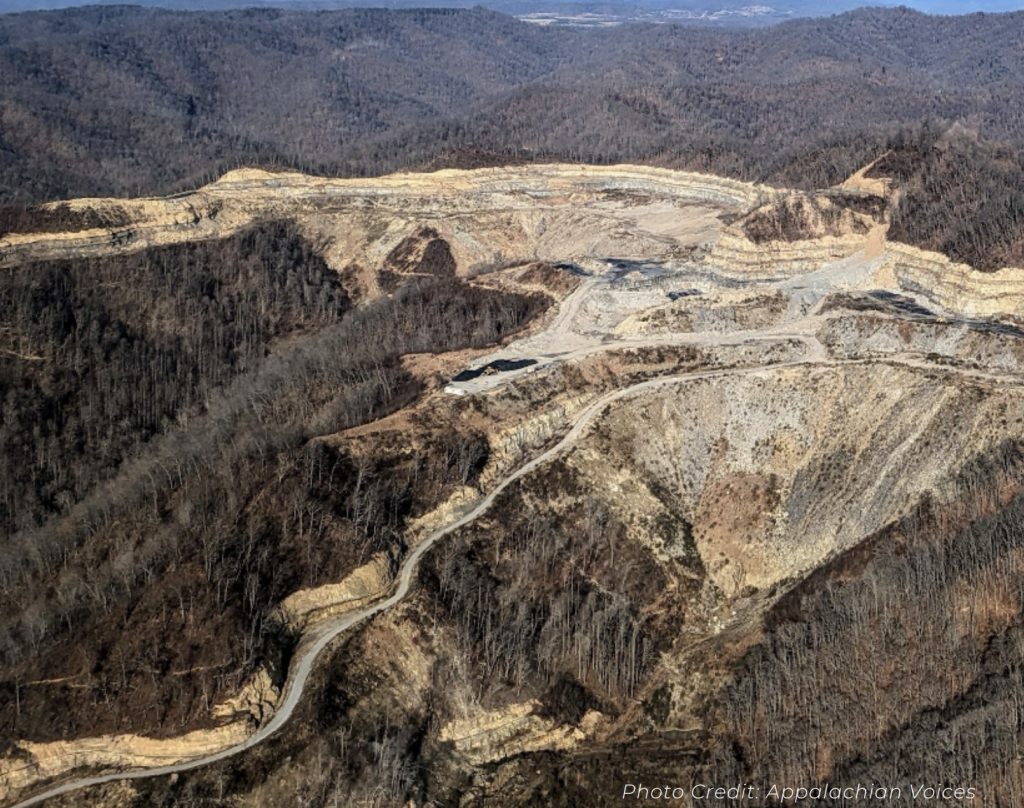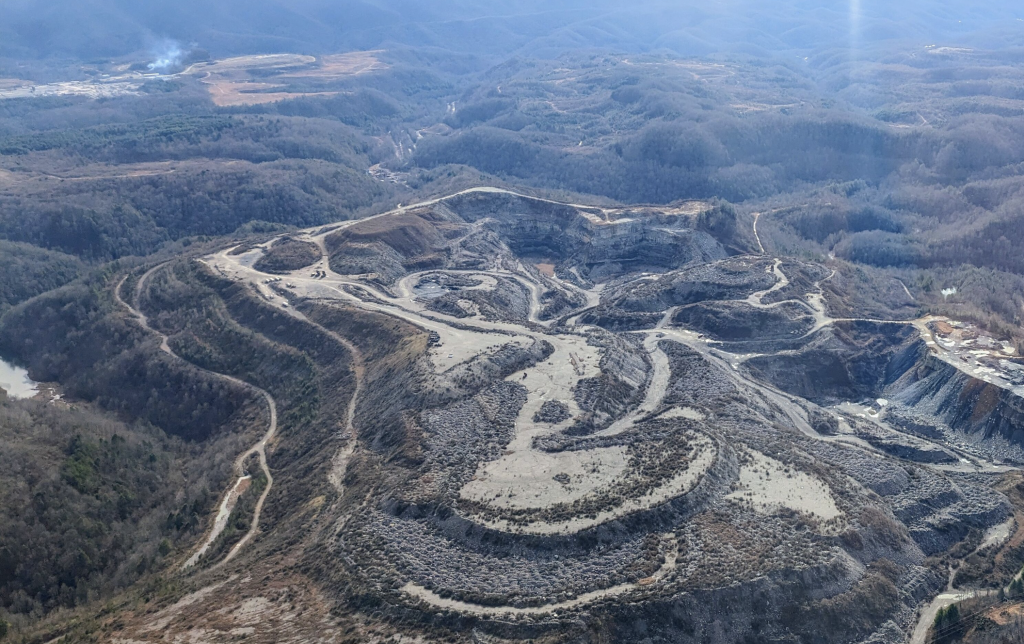Energy Industry Overstated Predictions of Price Spikes
By Brian Sewell
The energy industry’s record of overestimating electricity price spikes as a result of pollution controls dates back 40 years, according to an analysis by the Center for American Progress. As a result of the 1990 Clean Air Act amendments, the Edison Electric Institute, an association of investor-owned utilities, estimated double-digit rate increases for most states between 1990 and 2009 with the largest spikes occurring in coal-dependent states. Nationally, predictions by the group were off by an average of 16 percent. In the 10 states most dependent on coal-fired electricity, the group overestimated by an average of 24 percent.
As industry groups attempt to deter carbon regulations with forecasts of soaring energy prices, the report’s authors, Daniel J. Weiss and Miranda Peterson, write that it is imperative that public officials and the media question those claims “even if they have an ‘expert study’ that purports to ‘prove’ them.”
Methane Leaks Complicate Natural Gas Reputation
Methane leaked during natural gas production could undermine the resource’s reputation as a “bridge” from fossil fuels to cleaner energy, according to a study published in Science. The study concludes that leaked methane — a greenhouse gas 30 times more potent than carbon dioxide — negates the benefits of switching from diesel to natural gas in the transportation sector, despite the fact gas produces 30 percent less carbon dioxide emissions than diesel. Even factoring in emissions from leaked methane, however, switching from coal-fired power plants, the nation’s largest source of carbon pollution, to natural gas-fired power plants will lower climate-changing emissions overall.
Supreme Court Rejects Spruce Mine Case
The U.S. Supreme Court says it won’t consider a lawsuit challenging the U.S. Environmental Protection Agency’s ability to veto mountaintop removal permits. Arch Coal, which owns Spruce Mine, petitioned the high court to hear the case after an appeals court sided with the EPA last year. In 2007, Arch subsidiary Mingo Logan was granted permits by the U.S. Army Corps of Engineers to discharge mining waste into streams surrounding its Spruce Mine in West Virginia, but the EPA vetoed those permits in 2011 after determining the discharges would cause unacceptable harm to water quality and wildlife. Arch Coal claims the EPA overstepped its authority by retroactively vetoing permits.
Duke Energy Plans to Devalue N.C. Renewable Energy
Duke Energy says it wants to reduce the amount it pays North Carolina households with rooftop solar for feeding excess electricity into the grid. Under an existing policy, ratepayers that produce solar energy are paid the full retail price for electricity they send out to the grid — about 11 cents per kilowatt hour in North Carolina. But federal law only requires electric utilities to pay residential solar producers the amount it costs to generate their own power, which in Duke’s case is less than 7 cents a kilowatt hour.
The N.C. Sustainable Energy Association and local solar companies argue that Duke — the largest electric utility in the country — is using its market dominance to diminish the demand for solar in North Carolina.
Kentucky-India Coal Export Deal Stalls
In 2012, Kentucky Gov. Steve Beshear boasted about a $7 billion deal that would send 9 million tons of Appalachian coal to India each year for 25 years, calling the partnership “a great example of a new market for Kentucky resources.” But a year and a half later, the agreement appears to have stalled.
According to the Louisville Courier-Journal, those involved with the deal aren’t sure when shipments will start or where the deal even stands, citing global shifts in the market for coal. The state reported in early February that eastern Kentucky lost 2,232 coal-related jobs in 2013.
Related Articles
Latest News
More Stories

Leave a comment
Your email address will not be published. Required fields are marked *




